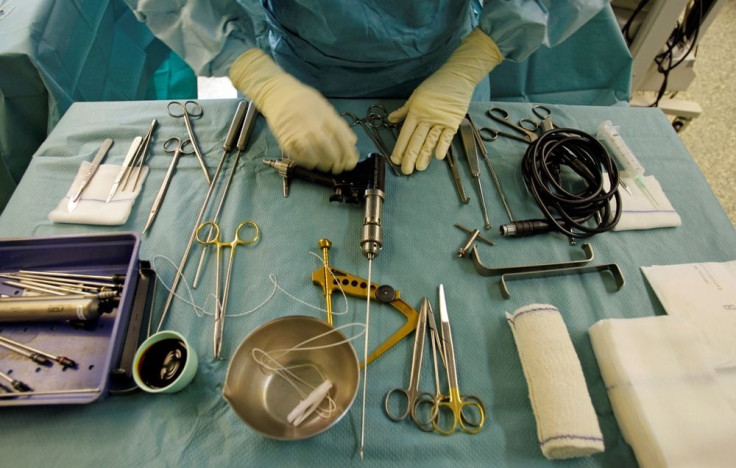Study: Alzheimer’s disease may be ‘contagious’

Certain medical procedures may pose a rare but potential risk in spreading Alzheimer’s disease, a new research by the University of College London suggests, as cited by BBC.
A post-mortem brain study of people with Creutzfeldt-Jakob disease, or CJD, reveals that contaminated surgical instruments or injections could also transmit protein found in Alzheimer’s disease. CJD is a fatal neurodegenerative condition caused by misfolded proteins called prions, while Alzheimer’s is a type of dementia characterised by the neuron-clogging amyloid-β.
The UK researchers are quick to warn, however, that their findings are inconclusive and do not mean Alzheimer’s is infectious. They stressed that their theory involves medical procedures such as blood transfusion, brain surgery or invasive dental treatment, and people cannot be infected with Alzheimer’s simply from coming into contact with other people with the condition.
According to Dr John Collinge and his colleagues from the University College London, seven of the eight deceased patients, aged 36 to 51, had amyloid deposits in the brain, despite their relatively young age and the fact that they had no family history of Alzheimer’s. “It’s a highly unusual finding. In that age group, you really don't see this kind of pathology unless you have a genetic predisposition to Alzheimer's,” he says.
The patients had contracted their CJD from contaminated human growth hormone injections given to them as children. In 1985, this procedure was halted in the UK when the risk of CJD infection became clear. Collinge believes amyloid could be spread accidentally during medical and surgical procedures in the same way that CJD was spread, via contaminating protein “seeds” or prions that grow in the brain.
However, since there is no epidemiological evidence to support this possibility, any concern over Alzheimer’s infectiousness is premature, according to Collinge. “I do not think there is any cause for alarm. No one should delay or not go for surgery because of this,” he said.
For their next step, Collinge and his team plans to test vials of archived growth hormone from the original treatments to find out if they can detect amyloid-β protein “seeds.” Collange admits though, that scientists do not know precisely what constitutes such seeds on a molecular level, which can serve as an obstacle to their study.
For their part, the Alzheimer’s Research UK claims that while the findings sound concerning, it is important to remember that human-derived hormone injections are no longer used and were replaced with synthetic forms, since the link to CJD was discovered in the 1980s. “The biggest risk factor for Alzheimer's is age, along with genetic and lifestyle factors. If further research was to confirm a link between historical tissue contamination and Alzheimer's, it would only likely be relevant to a tiny proportion of the total number of people affected,” says Dr Eric Karran, director of research at Alzheimer's Research UK.
Assuring that patients are very well-protected, the NHS is implementing extremely stringent procedures to minimise infection risk from surgical equipment, according to Professor Dame Sally Davies, the chief medical officer for England.
Contact the writer at feedback@ibtimes.com.au or tell us what you think below.





















